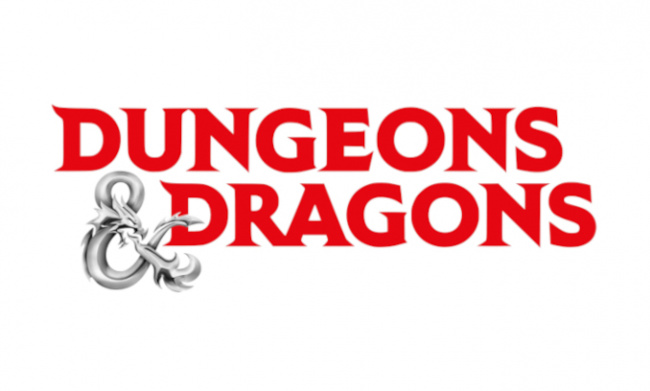After a furious response, Wizards of the Coast has issued a statement on house organ D&D Beyond delaying the release of its new version of the Open Gaming License, which allows publishers and designers to use Dungeons & Dragons mechanics for their game, and promising changes from the draft leaked last week (see “’D&D’ OGL 1.1 Furor”). “It’s clear from the reaction, we rolled a 1,” the WotC statement admitted.
WotC is abandoning two of the controversial provisions in the leaked draft of the OGL: royalties for publishers using the OGL to produce games, and WotC’s demand that it be allowed to use OGL content created by others for its own purposes without permission or payment. Three other highly controversial provisions were not addressed:
A provision in the leaked draft that asserts that the original OGL, despite granting "perpetual" rights to use the game mechanics in products created under it, is no longer in effect and will be replaced by the new license, which WotC can revise with 30-day notice.
Another that prevents commercial publication for virtual tabletop platforms. Hasbro purchased digital roleplaying companion D&D Beyond from Fandom last year (see "Hasbro to Purchase D&D Beyond from Fandom").
And third, the original draft would have required OGL publishers to rapidly accept the new terms or cease selling OGL products (the date in the leaked document for acceptance is January 13).
Even if the two issues WotC addressed in its statement and these three additional issues are resolved, the question of whether third-party developers and publishers will use the WotC OGL for future releases remains open. Paizo, the largest publisher of OGL RPG materials, announced last night that that it is developing a new Open RPG Creative License to serve the purposes of the OGL in an open, perpetual, and irrevocable form (see “Paizo Leads Game Publisher Revolt”). RPG publishers Kobold Press, Chaosium, Green Ronin, Legendary Games, and Rogue Genius Games have agreed to participate in the new license, with other companies being invited to join. Other companies have offered their own RPG mechanics under open or paid licenses, or promoted their own games as alternatives to D&D.
In addition to the reactions of publishers, a purported leak from a WotC insider yesterday asserting that the company was focused on D&D Beyond subscriptions as its primary validation of popular support led to a #DnDBeGone hashtag urging supporters of the original OGL to cancel their subscriptions, opening another front in the pressure on the company.
At this point, it feels like the landscape for future OGL publishing has been permanently altered, no matter what Wizards of the Coast ultimately does, and that D&D will play a less important role going forward than it would have if the OGL remained unchanged.



